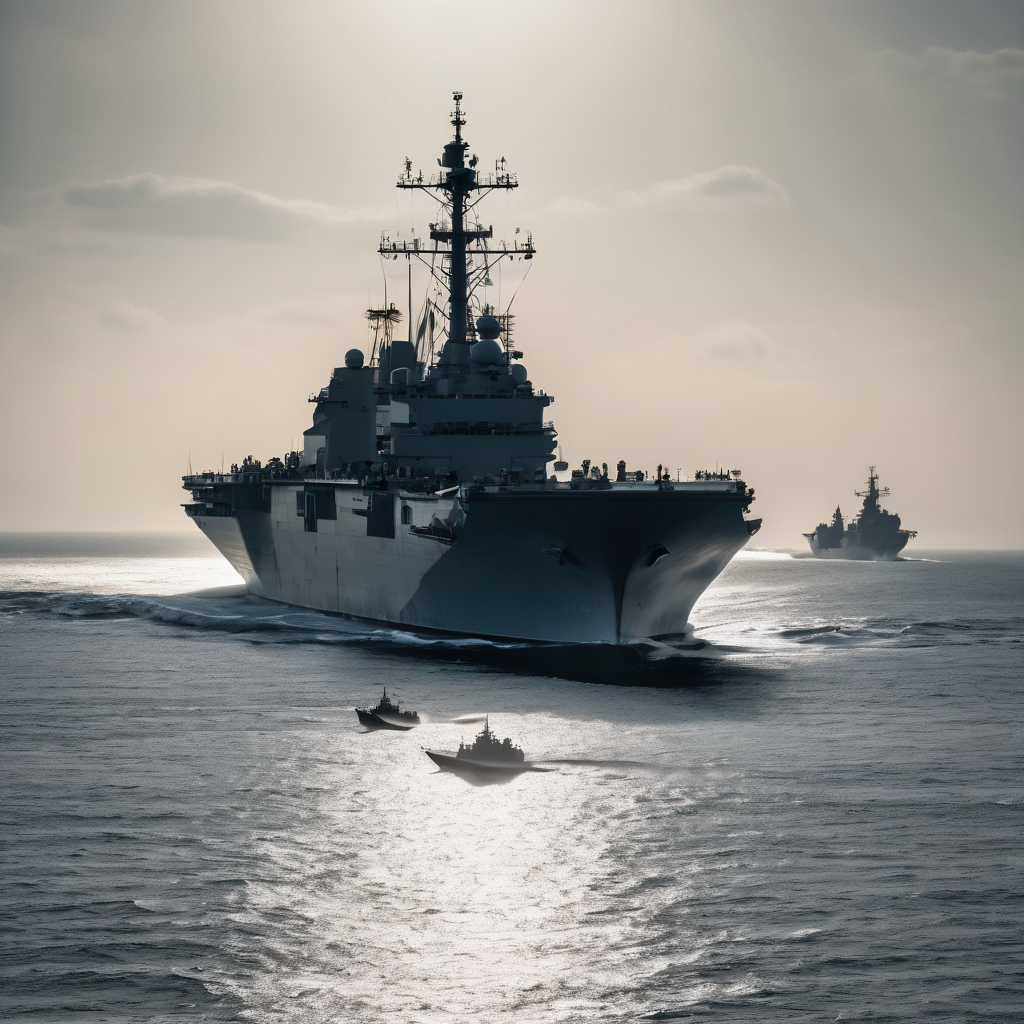U.S. military operations have intensified in the Pacific, targeting four boats believed to be involved in transporting illegal drugs, leading to the deaths of at least 14 individuals, as reported by Defense Secretary Pete Hegseth. This significant escalation occurs under the directive of President Donald Trump, marking a broader approach to combating narcotics trafficking that now extends beyond the Caribbean into the eastern Pacific.
In the wake of these operations, Mexican search and rescue teams were able to recover one survivor, though details about their current condition and location have not been disclosed. Hegseth stated that the vessels were flagged by U.S. intelligence as known narcotics carriers along established trafficking routes. However, these strikes have ignited controversy, prompting questions regarding their legality from both domestic legislators and international observers.
The situation escalated further as military actions aimed at drug trafficking have now resulted in at least 57 fatalities, raising tensions with Colombia and Venezuela. Hegseth has referred to those aboard the targeted vessels as “narco-terrorists,” underscoring the U.S. commitment to safeguard its borders against narcotics threats.
Legislators from both sides of the aisle have voiced concerns about the legality of the strikes, with Colombian Deputy Foreign Minister Mauricio Jaramillo calling the military actions “disproportionate” and criticizing the absence of any judicial process for the individuals involved. These aggressive operations coincide with increased sanctions from the U.S. on Colombia’s government, which President Trump has accused of inadequate measures to curb drug trafficking.
The military build-up in the region has included the deployment of troops and naval assets, notably the USS Gerald R. Ford, the largest U.S. warship. While the Trump administration argues for its right to conduct operations in international waters, there are indications that the military campaign may expand further into land-based targets in Venezuela, potentially fuelling regional instability.
Venezuelan authorities, asserting their sovereignty, have formally petitioned the United Nations Security Council to denounce the strikes as illegal. The complex landscape of military operations intertwined with international law and diplomatic relations raises challenging humanitarian implications for those affected by the ongoing drug enforcement efforts.
In this shifting strategic environment, some advocates remain hopeful for dialogue and collaboration that address security challenges, while also emphasizing the importance of humanitarian considerations as the region confronts the persistent issues of drug trafficking and governance.
